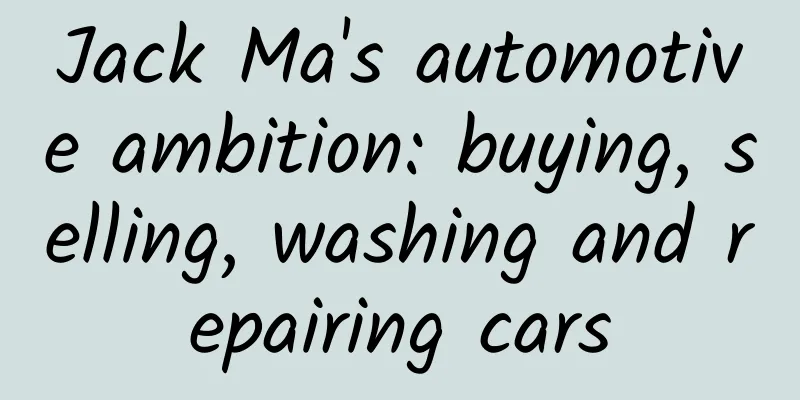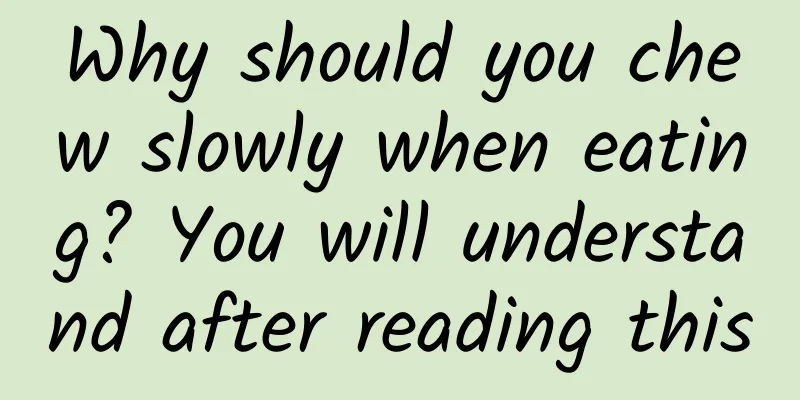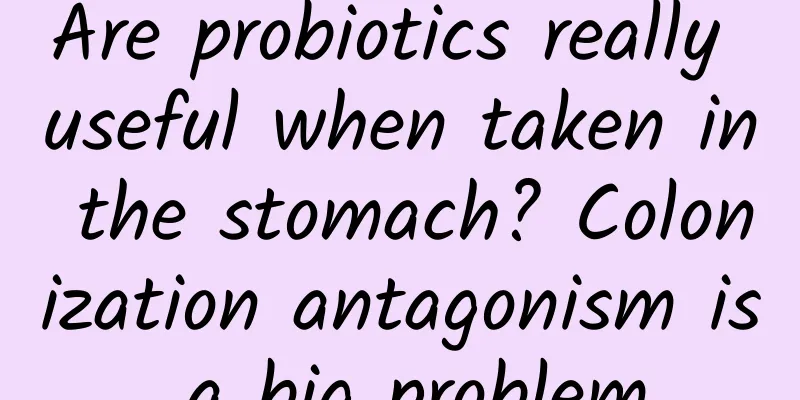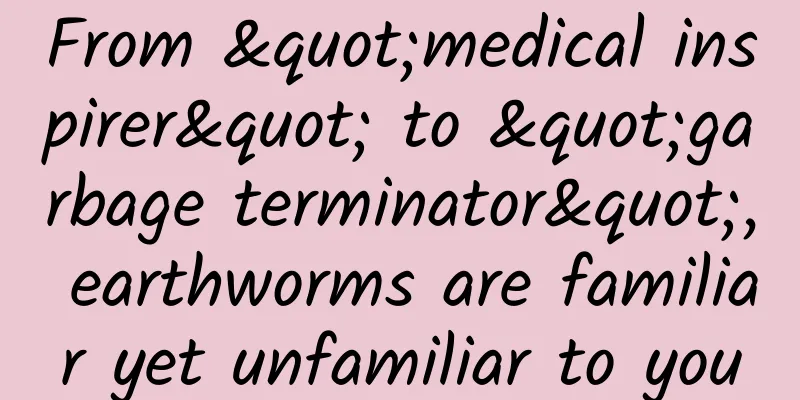You may not know it, but you have eaten the candied haws made from it.
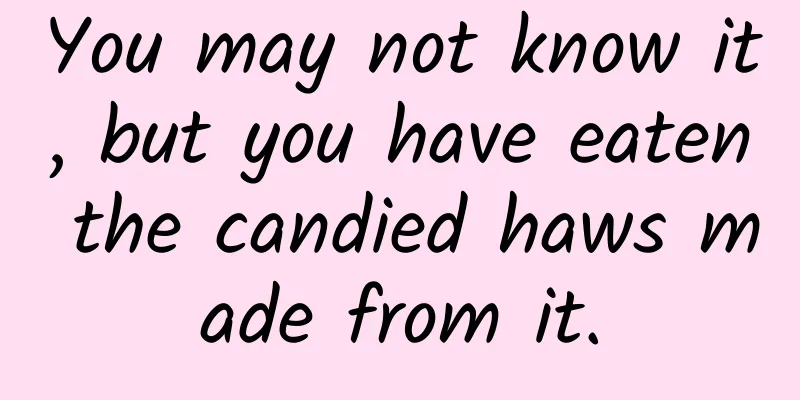
|
Today we are going to talk about the outdated fruit - Junqianzi. Before we get into the topic, let's take a look at a short story. In the Qing Dynasty, there was a great scholar named Peng Yuanrui, who was from Nanchang. He read poetry and books when he was young and was very knowledgeable. How knowledgeable was he? Once, Emperor Qianlong was bored and came up with a couplet: "Ice-cold wine, a little water, two drops of water, three drops of water" (the word "bing" was originally written as "bing"). It is said that no one in the court could answer the question. It may also be that everyone has a high emotional intelligence. You can't say, Your Majesty, you are stupid, how dare you ask such a simple question? However, at this time, Peng Yuanrui came out to play "Lilac, a hundred heads, a thousand heads, ten thousand heads". Even Qianlong's challenge did not stump Mr. Peng, so it is conceivable that no one could bear it if he challenged others. Super difficult college entrance examination questions When Peng Yuanrui was the governor of Jiangsu Province, he gave the examinees a question that included the four characters "Ping Zhong Jun Qian". The examinees had all read books and knew that Ping Zhong was the character of Yan Ying (the same Yan Zi who was sent to Chu). Ping Zhong Jun Qian meant Yan Zi moving. Therefore, the candidates wrote their close-ups in capital letters, and naturally did not get any points. Peng Yuanrui was not only good at writing couplets, but also a bibliophile and bibliographer. If we put it in today's terms, he would be at the level of a library director. He could just pick a few words from any book and test you. Those college entrance exam students would never understand. Mr. Peng's calligraphy is still very regular official style The "Pingzhong Junqian" that Mr. Peng mentioned comes from Zuo Si's "Wu Du Fu" (also included in the later "Ku Shu Fu"), and the original text is "Pingzhong, Junqian, pine, cypress, and ancient tree. The tree of nan and pomegranate, and the tree of acacia." These are the names of several ancient trees. The examinees cursed in their hearts and reported: "Isn't this a Chinese language test? You're testing this, not only is it not in the Chinese language textbook, but it can't even be found in the "Bowu" magazine. Are you a psychopath, examiner?" Of course, the report is a joke. As one of the Three Capitals, the "publishing house" could not print all the copies of "Wudu Fu" when it was written, which is why the saying "paper is in great demand in Luoyang" came into being. As an extremely important piece of ancient Chinese literature, it is as important to ancient students as factorization and Newton's laws. It is indeed wrong not to know it. As for what Pingzhong, Junqian, Songzi and Gudu are - Pingzhong is the ancient name for ginkgo, Junqian is the ancient name for Junqianzi, Songzi is pine and catalpa, and Gudu is the ancient name for fig. Of course, this ancient name was "confirmed" by successive generations of writers and naturalists when they made annotations and interpretations. Whether it is really credible, well... it is still rather questionable. Is it a date or a persimmon? Well, finally we come to today's topic - Junqian. Its Chinese name is Junqianzi, also known as black dates, soft dates, milk persimmon, clove persimmon, etc. Junqianzi, also known as black dates As for why he was called Junqianzi, there is no record to explain it. Some people say that Ma Cheng, one of the twenty-eight generals of Yuntai and a minister of the Han Dynasty, was named Junqian. Probably to commemorate him, so "Pingzhong Junqian" was listed side by side in ancient texts, because they are both derived from people's names. This statement can only be regarded as a possibility, and there is no evidence to prove it. Let's look at the ancient description. Chen Cangqi, a Tang Dynasty scholar, said in his "Supplement to Materia Medica": "Junqian fruit grows in Hainan (also known as Hunan), the tree is more than ten feet tall, and the fruit has juice that is as sweet as milk." In the Tang Dynasty, Hainan did not specifically refer to today's Hainan Province, but to various coastal areas in the south. But even this description has problems. Junqianzi is widely distributed in my country, even in Eurasia, not just in coastal areas. In addition, Junqianzi can grow to more than ten or twenty meters or even higher, which is not a matter of more than ten feet. The fruit is sweet, but not milky. Either Chen Cangqi heard it from hearsay and recorded it inaccurately, or he may have recorded another plant. Black date tree Image source: Internet There are also annotations to Wudu Fu by ancient people. Liu Kui said in his annotation: "The fruit of the Junqian tree is shaped like a gourd." Gourd is a melon, and it is obviously not true to say that the fruit of the Junqian tree is shaped like a melon. Therefore, it is really worth asking what the Junqian tree was in ancient times. Ancient people also had a vague understanding of today's Junqianzi. It's not the ancients' fault, because the fruit looks and looks like a jujube, black and inconspicuous. But the leaves and sepals look like persimmons. For example, Cui Bao's "Ancient and Modern Notes" says: "Milk persimmon is a soft jujube, with leaves like persimmons and seeds like persimmons but smaller." At first glance, it even looks a bit like grapes Break it open and you'll see the texture of a persimmon. In the Qing Dynasty's natural history masterpiece "Illustrated Catalogue of Plant Names and Realities", Junqianzi and "soft jujube" were also included as two different types, and the descriptions also overlapped a lot, indicating that until the Qing Dynasty, their references were still not clear. In fact, the ancients were also pedantic. They knew it was not a jujube but a persimmon after taking a bite. It tasted exactly like persimmon. It would be even clearer if you saw the plant. The leaves are very similar to those of the persimmon tree, and the large persistent sepals show that it is a relative of persimmon, and has nothing to do with jujube. The flowers of the genus Junqian, the huge persistent sepals will continue to the fruit persimmon Unsung Hero Although the Chinese magnolia vine is widely distributed throughout the country, it is not widely used today. Few people eat it specifically, and it is rarely seen on fruit stalls. When I was a child, black dates had an important use, which was to make candied haws. At first, candied haws only had hawthorn, and no other ingredients were used. In the 1980s and 1990s, some iterations occurred - hawthorn with red bean paste, yam beans and black dates were added. Later, yam and orange were added, and later kiwi, banana, and whole cucumber were added. But the old school black date candied haws are rarely seen in Beijing now, and it is really an outdated fruit. The black fruit in the picture is black dates The persimmon actually has a very important use, but most people don't know it. As the main fruit from ancient times to the present, persimmons have been bred by humans to be more and more delicious and juicy, and at the same time, the seeds have seriously degenerated. Most of the persimmons we eat, and even the persimmon trees used for greening, have no visible fertile seeds. This brings us to a difficult question: Are all persimmon trees immortal? Of course not. For thousands of years, the propagation of persimmon trees has mainly relied on grafting, and the most commonly used rootstock is Junqianzi. In other words, the branches of the persimmon tree are grafted onto the "stump" of Junqianzi. After all, they are a family, and they will grow well after running in. In other words, every persimmon we eat is likely to hide the soul of Junqianzi. Some varieties of Junqianzi no longer have seeds, but there are still varieties and wild plants with seeds that can reproduce sexually. The newly ripened black dates are not black Ripe and dried black dates By the way, Junqianzi also had an important application in literature, which is outdated and almost no one mentions it today. In the last century, people jokingly called bullets "black dates". For example, there is a line in Mr. Lao She's "Taking Office" that says "If the reactionaries want to eat 'black dates', they should invite him first." Eating black dates means eating bullets. Of course, these are all colloquial names. No novel has ever said, "If he still refuses to change his ways, let him eat a junqianzi fruit!" Written by | Xin Fuchen Some pictures | Tuchong Creative WeChat Editor | Ah She Shuang Source | Museum |
<<: Pigs are omnivores, do they eat everything?
>>: Are glaciers motionless? In fact, they are constantly flowing and moving.
Recommend
The Spring Festival was successfully nominated for World Heritage, but “they” are arguing! Who should be credited for this achievement?
The Spring Festival has become a hot topic even b...
Yongge's Xiaohongshu quick money-making project
Yongge's Xiaohongshu quick money-making proje...
Large capacity, zero attenuation, CATL Tianheng energy storage system released
On April 9, CATL released the world's first e...
Is it normal to have a hot head? Unexpectedly, a healthy brain temperature can reach 40℃ everyday!
When people are excited, they do some irrational ...
Yangquan Course Mini Program Agent Price Query, How much is the Yangquan Course Mini Program Agent Price?
How much does it cost to be an agent for a course...
How to operate and promote industrial Internet products?
Unlike consumer Internet, industrial Internet int...
Studying legal medicine from the case of Li Changyu: Not all the criminal investigation methods you are familiar with are reliable
The case of Chinese "super detective" L...
Selling 23 houses in one day on Douyin? Revealing the “new way” of selling products through short videos!
Some time ago, more than 500 real estate agencies...
Important reminder! Regarding travel during the National Day holiday!
The National Day holiday is approaching, and the ...
Hot search! You may be eating this illegal meat product exposed by the 3.15 Gala
This year's 3.15 Gala revealed that some pre-...
Fang Cheng Bao 8 turns into Huawei system. Obviously, BYD's 1 billion monthly investment in intelligent driving is far from enough.
BYD and Huawei, two Shenzhen companies, did not o...
WeChat registration covers 30 provinces and cities across the country, 640 hospitals without queuing
[[283645]] What do you fear the most when going t...
When one type of pasta falls from grace, another type of pasta rises
Steamed buns, noodles, pancakes... Bread, cake, p...
Soul product operation report
Soul was launched in 2016 and quickly captured th...
Source code analysis broadcast operation principle
[[436974]] Preface There are various broadcasts i...
